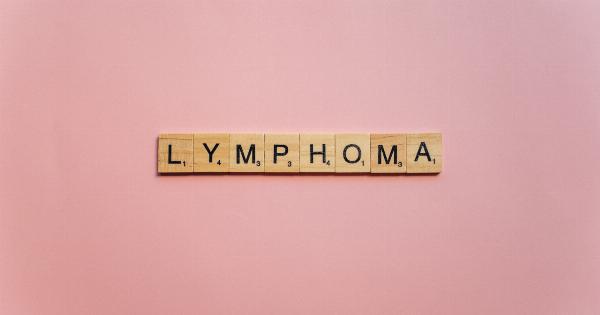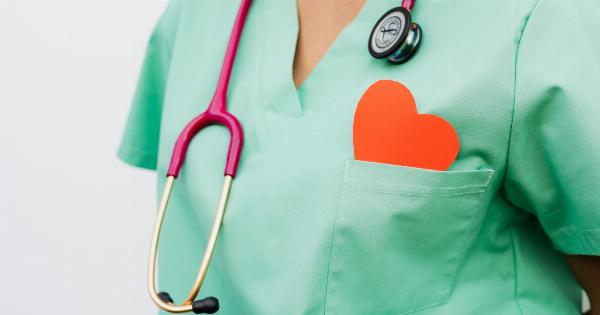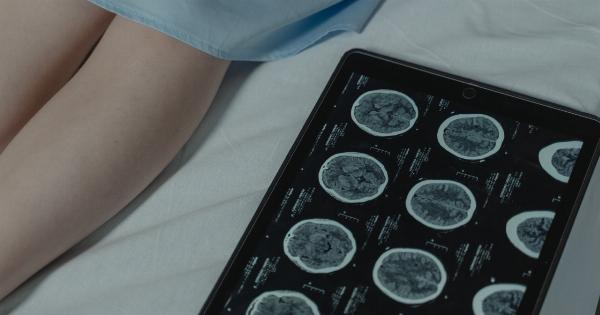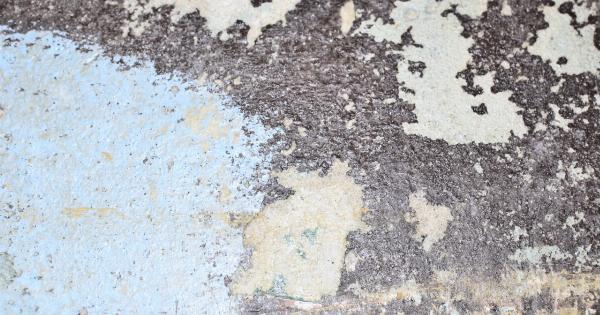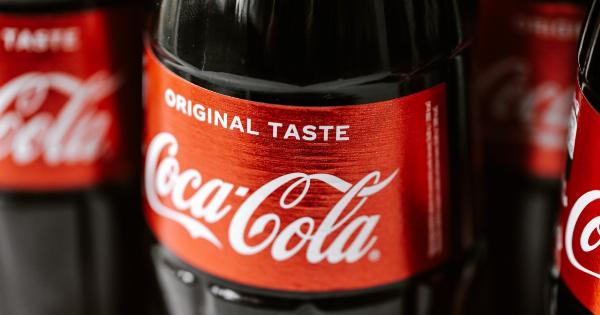When it comes to getting blood work done, there are often guidelines and restrictions regarding food and drink intake. Many people wonder if they can have anything to drink before their blood test or if they need to fast completely.
In this article, we will explore the topic and provide you with some insights on what is generally allowed and what you should avoid before your blood work appointment.
Understanding Blood Work and Fasting
Blood work involves drawing blood samples from patients for various diagnostic purposes.
The most common type of blood test is a complete blood count (CBC), which measures several components of the blood, such as red and white blood cells, platelets, and hemoglobin levels.
In some cases, fasting is required before a blood test to obtain accurate results. Fasting means refraining from consuming any food or drink, except for water, for a specific period of time before the test.
This is typically necessary for tests that measure glucose, cholesterol, triglycerides, or certain hormone levels.
Fasting Blood Tests
Fasting blood tests are commonly performed to measure your blood glucose levels. These tests help diagnose and monitor conditions like diabetes and prediabetes. The most common fasting blood test for glucose is the fasting plasma glucose (FPG) test.
If you are scheduled for a fasting blood test, it is important to follow the instructions provided by your healthcare provider. Typically, you will be advised to fast for 8 to 12 hours prior to your blood work appointment.
During this fasting period, you should avoid consuming any food or drink, except for water.
Having anything to drink other than water, such as coffee, tea, or juice, can affect the accuracy of your fasting blood test results.
Certain beverages, especially those containing sugar or caffeine, can impact your blood sugar levels or lipid profile, leading to inaccurate readings.
Drinking Water Before Blood Work
Fortunately, drinking water is usually allowed before most blood tests. In fact, it is often encouraged to stay well-hydrated prior to your appointment.
Staying hydrated can make it easier for the healthcare professional to locate your veins, making the blood draw process smoother and less uncomfortable.
However, it is important to note that you should only consume plain water, and avoid adding anything to it.
Flavored water, sports drinks, or any beverages containing sweeteners should be avoided as they might interfere with certain tests, such as those measuring blood sugar or cholesterol levels.
Exceptions to the Rule
While water is usually permitted, there are some exceptions to the rule. Certain blood tests have specific requirements and may require complete fasting, including abstaining from water, for a set amount of time prior to the test.
Make sure to always follow the instructions provided by your healthcare provider or the testing facility to ensure accurate results.
Additionally, if you are on medication that needs to be taken with food or drink, consult with your healthcare provider for guidance on adjusting your medication schedule before fasting blood work tests.
It is essential to maintain stable blood levels of your medication while also complying with fasting requirements.
Blood Tests That Do Not Require Fasting
Not all blood tests require fasting. Some common blood tests that usually do not require fasting include:.
- Complete blood count (CBC): This measures red and white blood cell counts, platelet count, and hemoglobin levels.
- Basic metabolic panel (BMP): This panel measures electrolytes, kidney function, and blood glucose levels.
- Lipid profile: This measures cholesterol and triglyceride levels.
- Thyroid function tests: These tests evaluate the function of the thyroid gland.
If you are unsure whether fasting is required for your specific blood test, it is best to clarify with your healthcare provider or the testing facility beforehand.
Preparing for Blood Work
While the fasting requirements may vary depending on the specific blood test and healthcare provider’s instructions, here are some general tips to help you prepare for blood work:.
- Follow the instructions: Always follow the fasting guidelines provided by your healthcare provider or the testing facility.
- Stay hydrated: Drink adequate amounts of plain water before your appointment, unless instructed otherwise.
- Avoid certain beverages: Stay away from coffee, tea, juice, soda, or any other flavored beverages before fasting blood tests.
- Take medications as directed: If you are on regular medication, consult with your healthcare provider on how to adjust your medication schedule around the fasting requirements.
- Keep track of timing: Calculate the fasting period carefully to ensure you meet the required time frame. Set an alarm if needed.
- Communicate any concerns: If you have any concerns or doubts about the fasting requirements, reach out to your healthcare provider for clarification.
- Dress comfortably: Wear loose-fitting clothes that allow easy access to your arm for the blood draw.
By following these guidelines and being prepared, you can help ensure accurate and reliable blood test results.
Conclusion
When it comes to having something to drink before getting blood work done, the general rule is that water is usually allowed, while other beverages should be avoided, especially when fasting is required for certain tests.
Following the instructions provided by your healthcare provider or the testing facility is crucial to obtain accurate results.
If you have any doubts or specific concerns related to fasting and your blood work, it is always best to consult with your healthcare provider for clarifications and personalized guidance.















